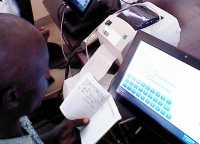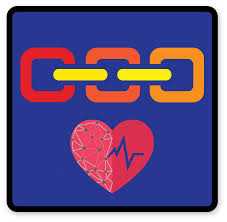MedicalResearch.com Interview with:
Lara Varpio, PhD
Associate Professor, Department of Medicine
Acting Associate Director, Graduate Programs in Health Professions Education
Uniformed Services University of the Health Sciences
Bethesda MD and
Dr. Judy Rashotte PhD
Director Nursing Research and Knowledge Translation Consultant
Ottawa Canada
Medical Research: What is the background for this study?
Drs. Varpio and Rashotte: Electronic health records (EHRs) are being adopted in healthcare centers around the world. The patient record is intricately implicated in care processes, clinical reasoning activities, and in collaborative work. As part of a larger study aimed at understanding how EHRs impact health professionals’ interprofessional collaborative practice (ICP), we explored how changing from a paper chart to an EHR can impact clinical reasoning.
Medical Research: What are the main findings?
Drs. Varpio and Rashotte: Our research demonstrated how different parts of the patient record (i.e. communication genres / artefacts) are part of the contextual factors that influence clinical reasoning and ICP. A key finding of our study is that
building the patient’s story is an essential part of clinical reasoning activities. Making and understanding data interconnections is facilitated when clinicians are actively engaged in assembling isolated data bits into contextually-derived, comprehensive, and comprehensible ensembles.
Building the patient’s story is facilitated through the use of a chronologically-organized textual narrative (i.e. free-text notations) structure and structures that promote visual bundles of clinical data. The use of an EHR can problematize clinicians’ ability to build the patient’s story and to disseminate it with other members of the care team when data interconnections are fragmented. Fragmentation happens when narrative spaces are dispersed and/or character-limited, and when data displays are not chronologically organized in visual assemblies. The constraint of chronologically and contextually isolated data inhibits clinicians’ ability to read the
why and
how interpretations of clinical activities from other team members. When an EHR splinters narrative reports, there is a loss of shared interprofessional understanding of
the patient’s story, and time efficient care delivery can be compromised.
(more…)















